Prepositions В/На In Prepositional case in Russian.
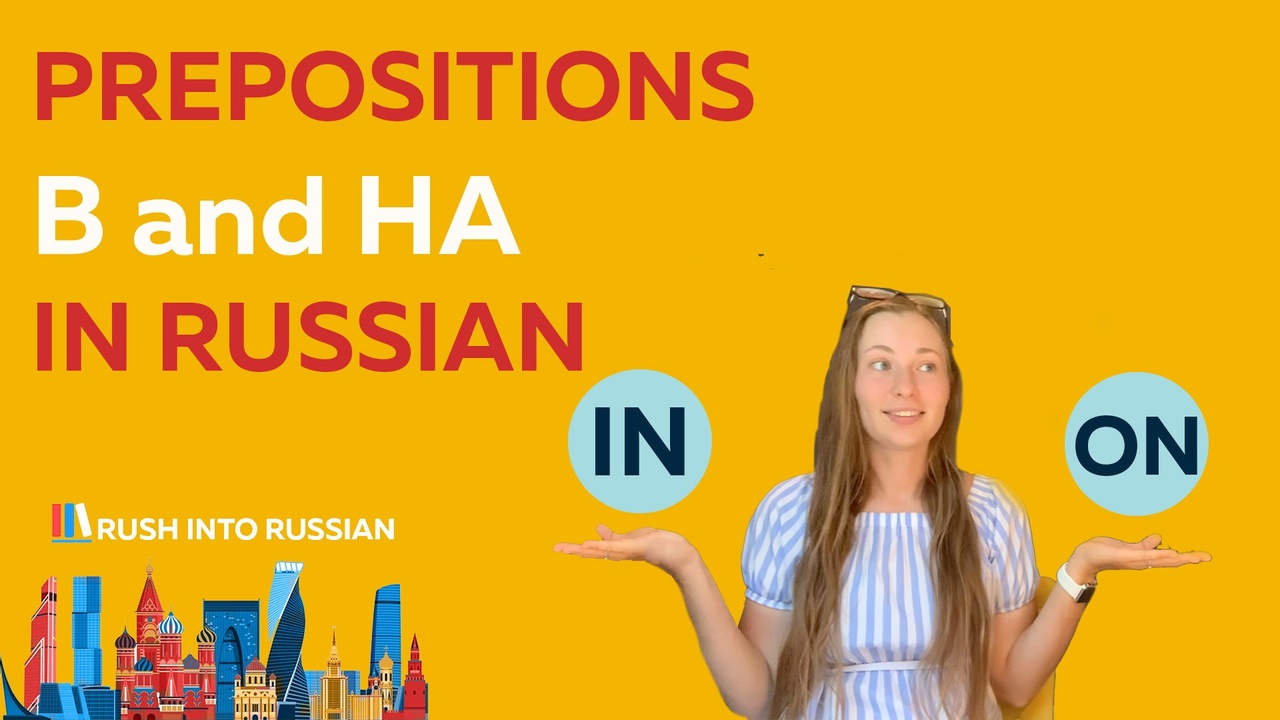
Prepositions В/На often go together with the prepositional cases in the Russian language. And they are usually the first topic in Russian grammar that seems easy enough to figure out without extra help because they are the same as in English: "В" means "IN". The coffee is IN the cup - кофе в чашке. "На" means "ON". The cup is ON the table - чашка на столе. So this brings us to the simplest use of "В" and "На":
"В" meaning inside
в до́ме, в самолёте, в кварти́ре, в столе
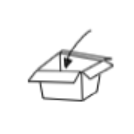
or "В" with institutions and establishments
Think of them as buildings, and you being inside of a building - it is very easy:
в институ́те, в университе́те, в рестора́не, в кафе́, в шко́ле, в о́фисе, в кинотеа́тре, в магази́не, в оте́ле, в клу́бе, в музе́е
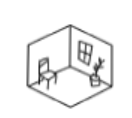
"НА" meaning ON with surfaces and floors
на этаже́, на земле́, на у́лице, на проспе́кте, на столе́, на пля́же
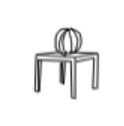
But of course, as a lot of things in Russian grammar, what seems so easy in the beginning has some hidden tricks. Because on the other hand, we have different uses for them, too. And this is what we are mostly going to focus on today.
But first things first. There are the general rules of using these prepositions:
"В" with continents, countries, cities, locations
Almost all countries and cities go with "В": в Москве, в Санкт-Петербурге, В Нью-Йорке, В России, В США.

"НА" with Directions
North (cевер), South (юг), West (запад), East (восток) go with "На": на Севере, на Юге, на Востоке, на Западе.
The easy way to remember this, in my opinion, is: if you are talking about countries, cities, locations - it is very specific. But if you are talking about directions - it is abstract (North always has to be of something, not specific). So Abstract - НА.
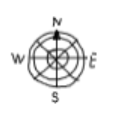
And now we are getting into the area that seems to be confusing sometimes, but actually, if you think about it is not so bad.
"НА" with names of Islands; shores of rivers, lakes, seas; mountains
На Ку́бе, на Во́лге, на Байка́ле, на мо́ре, на Ура́ле. This kind of makes sense, because you are literally on top of the island, on top of the mountain, or on top of the shore (not in the water).
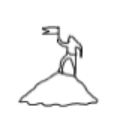
The next way of using these prepositions is with the verb to play - играть.
"В" with играть (play).
We use the preposition В - if we play games or sports (and it usually goes with the Accusative case, but since most of the sports come from English, it won't stay in your way unless you are playing Russian Roulette. No, I am serious: в русскУЮ рулеткУ (Accusative not Prepositional). But usually you don't have to think about it, because it is easy: играть в теннис, играть в баскетбол, играть в футбол.
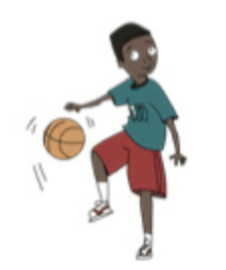
"НА" with играть (play).
We use the preposition На - if we play musical instrument: играть на гитаре, играть на пианино, играть на скрипке.
The same rule applies to questions about these activities, too. What (sports) do you play? ВО что ты играешь? vs. What (musical instruments) do you play? НА чём ты играешь?
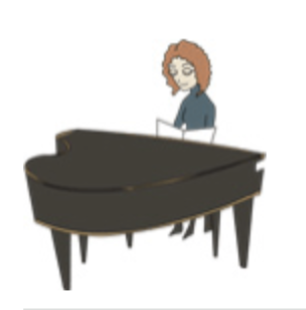
As you can see, you don't need to use actual words for sports or instruments, just pick the right preposition - isn't that convenient? A lot of people, who don't play any musical instruments will joke around and answer - на нервах - on nerves. Meaning that they annoy other people and that's like their musical instrument. I know, it's kind of mean but funny in their minds.
The next two meanings are also easy to grasp if you think about them, but they might not be so intuitive:
"В" with social groups
Think of it as a circle, and a person being inside of the circle.
в семье́, в кла́ссе, в гру́ппе

"НА" with processes
Think of a process as a timeline and you being ON the line of time/process:
на уро́ке, на рабо́те, на обе́де, на прогу́лке, на о́пере, на вы́ставке
![]()
"НА" and "В" in conversations
Now we are getting into more interesting uses of these prepositions and more conversational constructions. As we understood, the main reason to use these prepositions is to show the location of things. Let's look at this example: you are looking for your glasses. "Где мои очки?" (Where are my glasses?). I tell you, that they are on your head. How would you say that? A lot of times, I hear students of Russian say: "Они на твоей голове" (They are on your head) . Using a possessive pronoun in the Prepositional case. And while this is grammatically correct, a native speaker would never say it like this. We would say: "Они у тебя на голове" (They are on your head). Using a construction "у меня", "у тебя", "у нас", "у вас", "у них" and prepositional case. This construction has a similar meaning as "to have". So literally, you have them on your head.
Russian prepositions in use
Let's look at another example:
Где карта? (Where is the map?) - Она у тебя в кармане (It's in your pocket/you have it in the pocket).
Где документы? - Они у меня в машине (They are in my car/I have them in the car).
And this applies to a lot of situations like this:
У меня в сумке телефон. - There is a phone in my purse. ("I have a phone in the purse").
У меня в телефоне Инстаграм. - There is Instagram on my phone.
У меня в Инстаграме фотографии. - There are photos in my Instagram.
У меня на фотографиях моя семья. - On the photos there is my family.
У тебя в телефоне есть Инстаграм? - Do you have Instagram on your phone?
У вас в городе есть кинотеатр? - Is there a movie theatre in your city?
У вас в стране есть море? - Do you have a sea in your country?
Что у вас в сумке? - What is in your purse? (What do you have in your purse?).
У тебя дома есть гитара? - Do you have a guitar at home?
And not even only about the location of things, for example:
Какая погода сегодня у вас в городе? - What kind of weather is it in your city today? (Literally: "What weather today do you have in the city?").
Exceptions in Russian prepositions
And of course, I left the worst to the last. There are some exceptions that just have to be memorized. Unfortunately. But the list isn't too big:
"В" - exceptions (ending on "У")
в лесу́, в саду́, в порту́, в углу́, в шкафу́, в аэропорту́
"НА" - exceptions
на фа́брике, на по́чте, на вокза́ле, на остано́вке, на стадио́не
This is it for today. I hope it was useful for you. For those of you who want more practice, we have created a download with exercises and answer keys, so you will have a chance to memorize these situations and have fun with them during conversations in Russian. Here is the link, enjoy:
Stay connected with news and updates!
Join our community to know about the latest news and updates from our team.

